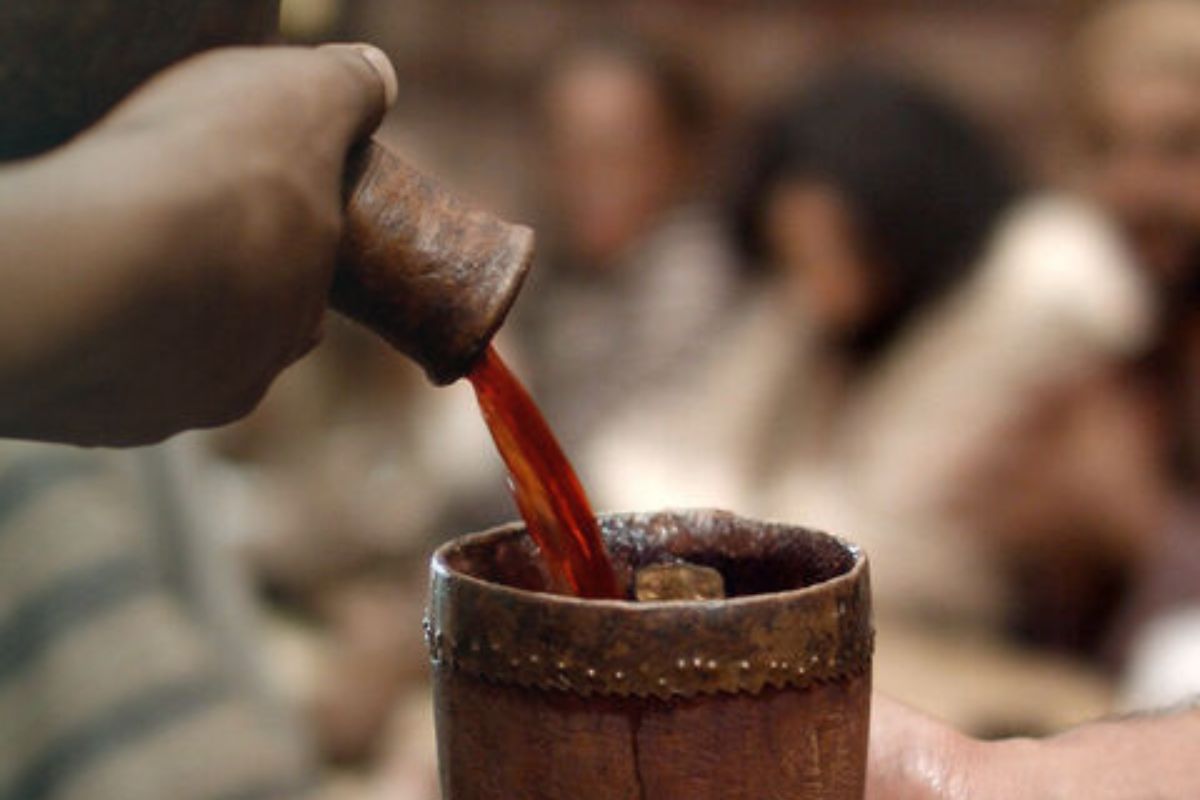
During this festive season, we celebrate the birth of Jesus Christ and also wait to embrace the New Year 2023.
Though the Covid-19 pandemic hindered the celebration mood, the message of Christmas has already begun to reverberate in the universal scenario and energize people to hold on to the hope and joy of salvation.
It is in this critical juncture; we attempt to read and understand the story of Jesus’ turning of water into wine in John 2:1-12. This passage introduces the public ministry of Jesus in the Fourth Gospel. There are seven significant things which require specific attention within this passage.
First, Mary brings a problem to Jesus (v.3a). According to Jewish custom, ‘no wine’ in a wedding place is a problem. In an honour and shame context, the incident might put the family into a socially disgraceful situation.
Mary realizes Jesus’ divine nature and approaches him with a timely concern. During the Covid-19 pandemic period, people should come to the realization that they can take all of their concerns to Jesus.
Second, Mary makes a request to Jesus (v.3b). The presence of Mary during the wedding banquet alongside of Jesus, his brothers, and his disciples is significant to notice. She was concerned for the family and their prestige in the public.
Moreover, she was aware of the top secrets of the family including the shortage in the granary. So, she brings this request to Jesus: “They have no wine.”
The Jews considered ‘wine’ as a synonym for ‘joy.’ In a wedding place, when there is ‘no wine’ gives the meaning that there is ‘no joy.’
During both the joyous and the unpleasant situations, we can seek the face of Jesus and beseech his help.
Third, Jesus mildly rebukes Mary (v.4). As Jesus was placed here between the mission of the ‘Heavenly Father’ and the demand of the ‘earthly mother,’ He affirms that His preference is to complete the task of the Father. He works as per the schedule of the heavenly Father and hence rebukes the lady mildly.
Jesus asks Mary: “Dear Woman, why do you involve me, my hour has not yet come.” As Jesus’ concern is to work as per the hour of the Heavenly Father, Jesus instructs Mary to wait until the heavenly Father’s hour.
We should pray so that God’s hour and work may be manifested rather than the will and purpose of the world.
Fourth, Mary’s reaction to the servants (v.5). Mary is confident in Jesus and she trusts completely in Him irrespective of His rebuke. She is not at all frustrated and never felt that she was dishonoured by Jesus.
Mary’s attitude is positive as she is aware that Jesus is on His Heavenly Father’s business than on His earthly mother’s demand. She commands the servants to do whatever Jesus tells them.
Her reaction was based on her knowledge about Jesus. In our spiritual journey, we should be confident in Jesus and must trust Him always.
Fifth, a response from the side of Jesus (v.7). He tells the servants to fill the jars with water. The six stone water jars demonstrate the imperfect and abandoned nature of the Jewish purification system.
Jesus’ presence as “the Stone of ages” introduces a perfect and usable system of purification and spirituality. His response to the servants is a call for renewal. Placing Jesus at the centre of our life, we can move forward to live a transformative life.
Sixth, the witness of the master of the ceremony (v.10). The master of the ceremony is in an awful moment. The usual custom was sharing the choice wine first and then providing the cheaper wine.
But, in this case, the wine that was shared toward the close of the ceremony was even greater than the choice wine.
The witness of the master reveals the supernatural involvement of Jesus. The witness of the master foregrounds the power of Jesus even in the midst of tragic and frustrating situations.
Seventh, the consequence of the event (vv.6-12). The event reveals the glory of Jesus and the greatness of God.
As the event is placed as the first sign in John’s Gospel, it propels the reader toward the manifestation of God’s glory and the complete hour of the Son of Man on the cross.
Within the extended framework of the Fourth Gospel, the narrator attempts to state that the ultimate victory belongs to God and the Son of God.
As we welcome Christmas and the New Year, the aspects of bringing our concerns to Jesus, requesting his favour in our day-to-day affairs, standing firm for him even in the midst of hurdles in life, having trust and confidence in God, waiting for the positive response of Jesus, witnessing the act of God, and enjoying the presence of Jesus are some of the significant concerns to be emphasized.
The first sign of Jesus in John’s Gospel is symbolical as it attunes the reader’s attention toward the eschatological banquet.
In Jesus’ presence, the world can enter into the joy of salvation. Thus, let’s create a new spirituality and a new lifestyle based on the divine axioms irrespective of the current situation.
www.LumoProject.com / LUMO Photo taken from www.freebibleimages.org







